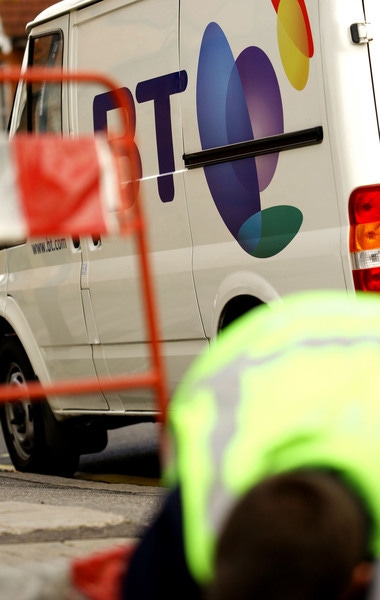The UK government’s attempt to roll out “superfast” broadband across the nation is running two years behind schedule, according to the National Audit Office. The government has pledged to provide super-fast speeds, primarily through the deployment of fibre networks to 90 cent of premises in each area of the UK by May 2015. However, the NAO believes the rollout will be completed 22 months later than planned.
July 5, 2013

The UK government’s plan to roll out “superfast” broadband across the nation is running two years behind schedule, according to the National Audit Office.
The government has pledged to provide super-fast speeds, primarily through the deployment of fibre networks to 90 cent of premises in each area of the UK by May 2015. However, the NAO believes the rollout will be completed 22 months later than planned.
Only nine out of 44 local projects are expected to reach that original target and the NAO attributed the delay in part because gaining approval for the project under EU State aid rules took six months longer than expected.
The government is now aiming to secure delivery of the rural broadband programme by December 2016, as well as 95 per cent superfast coverage by 2017.
The Department designed the programme with three sets of safeguards intended to work together to achieve value for money, recognizing that each would not be sufficient alone. These comprise the promotion of competition through a procurement framework; provision of assurance that bids made by suppliers are appropriate; and in-life contract controls over costs and profit levels.
“Competition has been limited,” the NAO said in a statement. “The design of the competitive framework had the advantages of ensuring affordability and transferring risk but, together with State aid conditions and other commercial factors, led to potential suppliers withdrawing from the bidding process. BT was left as the only active participant in the framework and is likely to win all 44 local projects.”
It added that it has only secured limited transparency over the costs in BT’s bids, and that it does not have strong assurance that costs, take-up assumptions and the extent of contingency contained in BT’s bids are reasonable.
The project funding contributed by BT has so far been lower than originally modelled, according to the NAO which now expects the UK incumbent to provide just 23 per cent of the overall projected funding of £1.5 billion – around £207 million less than it pledged in 2011. At the same time, by the end of the programme, BT is likely to have benefited from £1.2 billion of public money.
“The rural broadband project is moving forward late and without the benefit of strong competition to protect public value,” said Amyas Morse, head of the National Audit Office. “For this we will have to rely on the NAO’s active use of the controls it has negotiated and strong supervision by Ofcom.”
About the Author(s)
You May Also Like








.png?width=300&auto=webp&quality=80&disable=upscale)


_1.jpg?width=300&auto=webp&quality=80&disable=upscale)


.png?width=800&auto=webp&quality=80&disable=upscale)